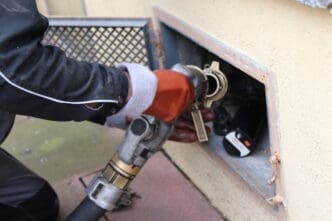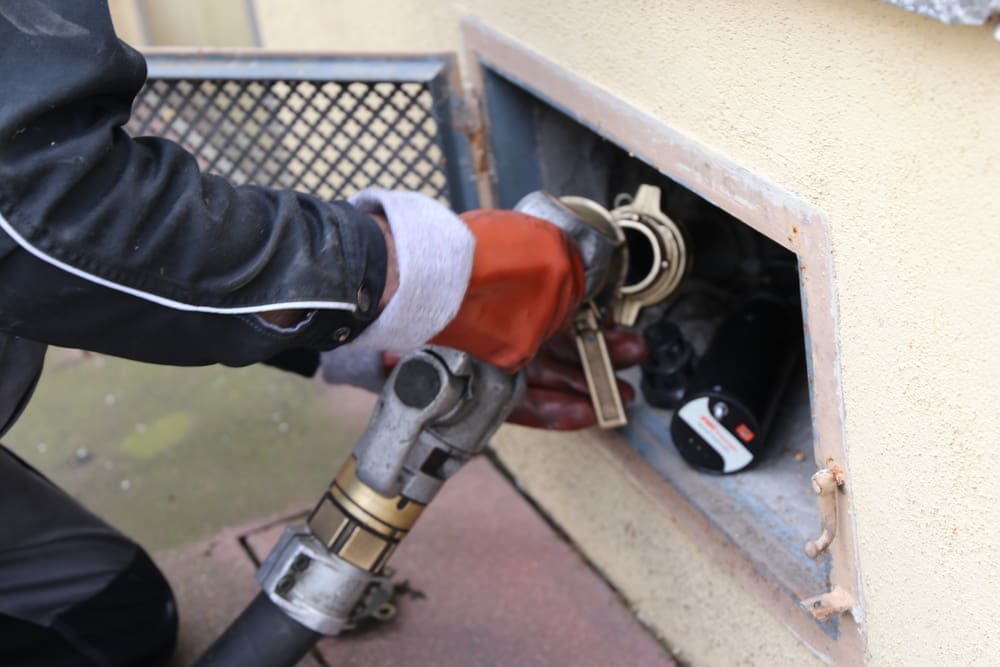The recent restructuring of the Department of Health and Human Services under the Trump administration has led to the termination of the entire staff managing the $4.1 billion Low Income Home Energy Assistance Program (LIHEAP). This program plays a crucial role in helping millions of low-income households cover heating costs during the winter months. State officials are now expressing concerns about the potential disruption of funding, as they await millions in expected federal payments.
Approximately two dozen workers involved in administering LIHEAP were among 10,000 employees dismissed as part of this organizational overhaul. This unexpected move has left officials apprehensive about the future distribution of funds, especially given that LIHEAP assists around 6.2 million households annually. The program had already allocated most of its funds for the current fiscal year but still had $378 million pending distribution.
In response to these developments, 13 U.S. senators, including two Republicans, have urged Health Secretary Robert F. Kennedy Jr. to reconsider the decision, emphasizing the negative impact on low-income seniors and families who rely on this vital support. The program also provides assistance for cooling costs during the summer, making its continuation essential for vulnerable populations.
Emily Hilliard, Deputy Press Secretary for HHS, assured that the department would adhere to statutory obligations and aims to enhance its operational efficiency following the reorganization. However, the absence of LIHEAP staff has raised questions among states about the receipt of remaining funds, particularly for summer cooling programs.
State officials like Peter Hadler from the Connecticut Department of Social Services and Pete Wyckoff from Minnesota’s Department of Commerce have voiced their concerns over potential funding shortfalls. Without the expected federal aid, programs may be scaled back or discontinued, affecting thousands of households reliant on this support to avoid utility shutoffs.
LIHEAP, which enjoys bipartisan support, varies by state in terms of eligibility and specific services offered but generally aids families in managing utility bills or home heating oil expenses. Senators Susan Collins of Maine and Lisa Murkowski of Alaska were among those advocating for the program’s preservation, warning against staffing or funding cuts that could undermine its effectiveness.
The Human Element Explored
- Communities dependent on LIHEAP may face increased financial strain without sufficient federal support, potentially leading to higher rates of energy insecurity.
- The sudden removal of program staff may hinder states’ ability to efficiently distribute aid, delaying critical support to households in need.
- With colder regions like Minnesota still experiencing severe winter weather, the lack of funds could exacerbate hardships for families struggling to pay heating bills.
- Uncertainty over funding continuation may prompt states to reevaluate or reduce their energy assistance programs, impacting thousands of low-income families.
- The restructuring underscores the need for clear communication and contingency planning to ensure that essential services remain uninterrupted during administrative changes.











